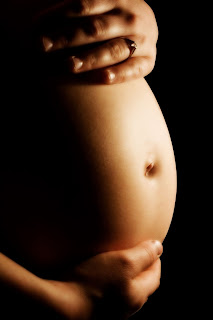 In a major shift in policy, women in Britain will be advised to completely abstain from alcohol during pregnancy. Previous guidance allowed for up to four units per week, approximately two glasses of wine. However, growing evidence of the harm alcohol can cause to unborn children and the increasing prevalence of binge drinking among young women have prompted this change.
In a major shift in policy, women in Britain will be advised to completely abstain from alcohol during pregnancy. Previous guidance allowed for up to four units per week, approximately two glasses of wine. However, growing evidence of the harm alcohol can cause to unborn children and the increasing prevalence of binge drinking among young women have prompted this change.
Experts estimate that one in 100 babies born in the UK are affected by their mother’s drinking, ranging from hyperactivity and learning disabilities to brain damage and deafness. In response, ministers will require alcoholic drink manufacturers to include cigarette-style warnings on bottles to alert consumers to the dangers of drinking while pregnant.
While the new advice may cause confusion and guilt among pregnant women who followed previous NHS guidance, it is crucial to prioritize the health of the baby. The effects of alcohol on children may not become evident for several years, and evidence suggests that even small amounts can have an impact.
Despite these risks, two-thirds of expectant mothers admit to drinking during pregnancy, with one in 20 regularly exceeding the current limit. It is essential to raise awareness about fetal alcohol syndrome, which can result from even minimal alcohol consumption. This syndrome leads to various health issues, including low birth weight, short stature, heart and kidney abnormalities, deafness, and brain damage.
Complete abstinence is already advised for expectant mothers in several countries, including the United States, Canada, Australia, New Zealand, and France. The wording for British drinks labels has yet to be finalized, but it is expected to be voluntary initially. However, if the drinks industry fails to comply, ministers have warned that legislation may be considered.






